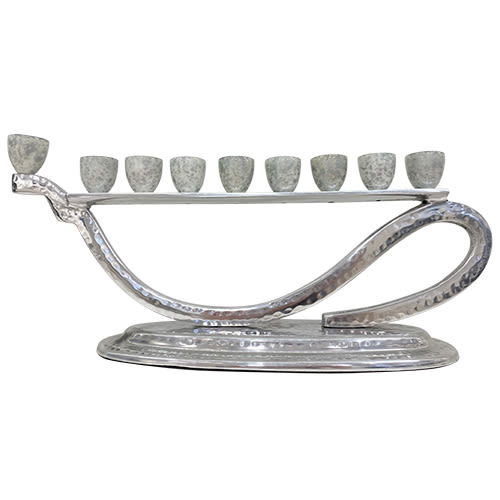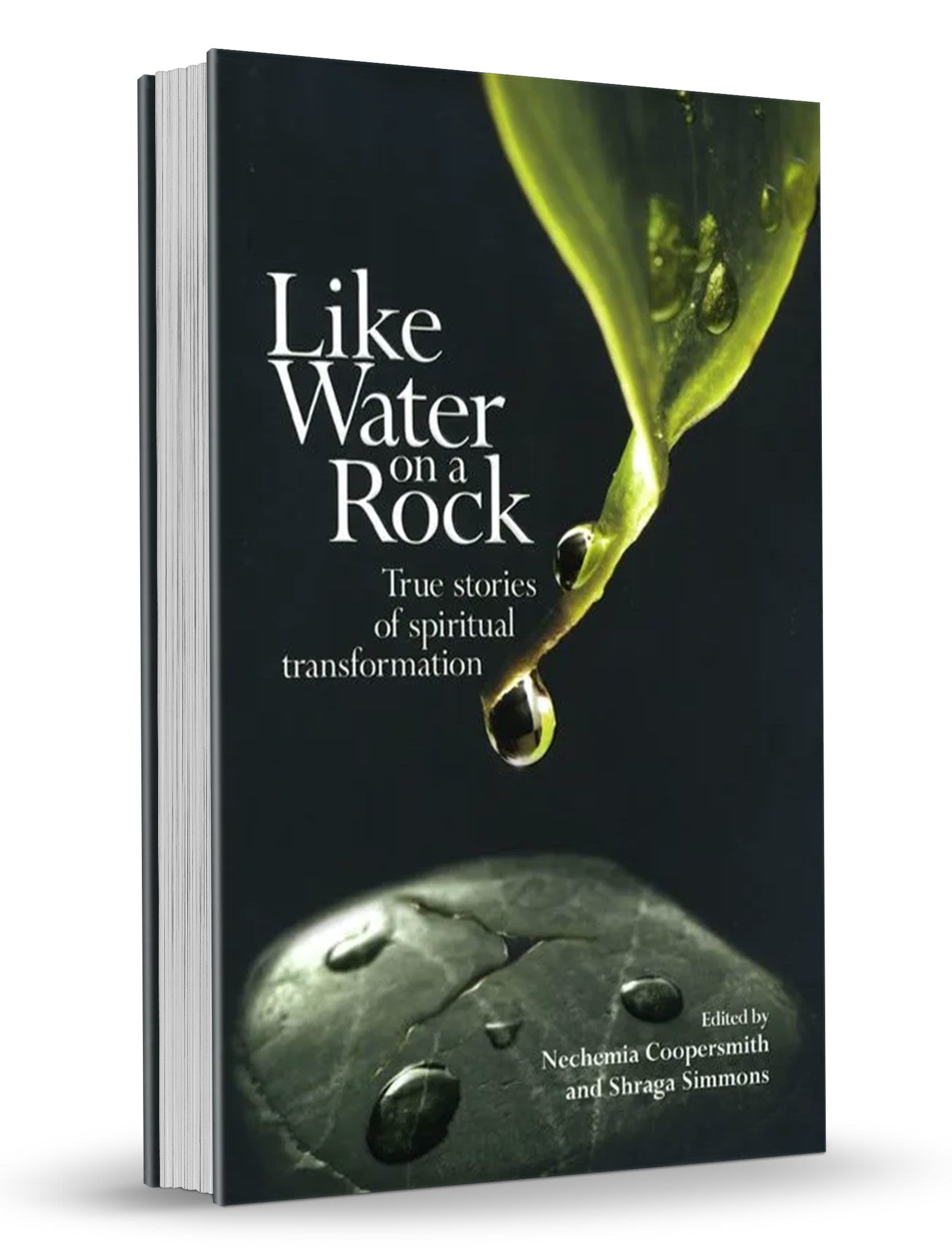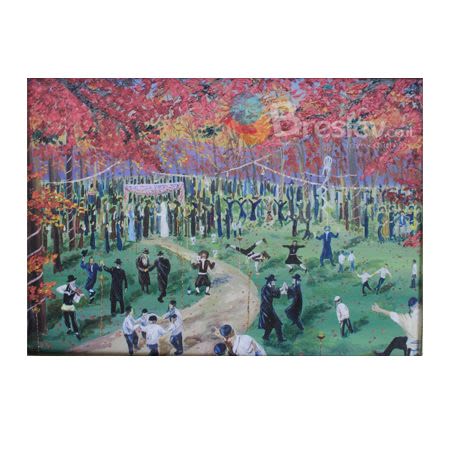
The Riddles of Life
This world is full of questions: What's the meaning of life? Where am I going? What will be in the end? How should I live my life? Will I ever be happy?...

This world is full of questions: What’s the meaning of life? Where am I going? What will be in the end? How should I live my life? Will I ever be happy? The list is endless…
We are often perplexed by the drastic and seemingly unfair differences between peoples’ lives. One person seems to glide on easy street while another person lives a life of excruciating hardships. One person is born with strength and perfect health while another is born feeble and crippled. One is rich, another poor. A kind person that never harmed a flea dies young, while a ruthless tyrant reigns in riches until a ripe old age. Why?
The people who ask the most questions are the ones who suffer.
All types of suffering and tribulations stem from a lack of spiritual awareness, for a person with spiritual awareness who knows that everything comes from God’s divine providence has no tribulations and feels no suffering…and although there are tribulations that one necessarily feels, such as the pain of the soul departing from the body, even so, such tribulations are far easier to accept when a person possesses the clear spiritual awareness that everything comes from God’s divine providence, let alone lighter forms of suffering and tribulations – that with the aforementioned spiritual awareness – one doesn’t feel at all! (Rebbe Nachman of Breslev, Likutei Moharan I: 250)
The person with a limited income asks, "Why does so-and-so have plenty of money, and even though I work just as hard, I go crazy trying to make ends meet?"
The parent of a sickly child asks, "Why does everyone have strong and healthy children, and I have the hard luck of raising a child that needs round-the-clock medical supervision?"
The handicapped person asks, "Why is everyone so beautifully free and agile while I’m so repulsively limited and impaired?"
The poor look at the rich and ask, "Why do they deserve a silver spoon, when our lives are a never-ending war with poverty and deprivation?"
The lonely individual that can’t seem to find a spouse asks, "Why am I – with all my good qualities – unable to get married, yet others, with all their faults, find perfect spouses at a young age?"
All of us have questions.
Changing Times
We have an additional array of questions about the changes in our lives from day to day. Here are a few familiar examples:
1. Why was yesterday such a splendid day, when everything went according to plan, while today – for no apparent reason – everything’s a disaster and I feel nothing but pain and sorrow?
2. Why did I have plenty of money last week, yet this week’s unexpected expenses haven’t left me with enough to buy a loaf of bread?
3. Why did I glean phenomenal joy from my children yesterday, who were the epitome of respect and deportment, yet today they’ve become miniature terrorists, driving me up a wall?
The list is endless, as you well know.
The Universal Answer
All of life’s questions have one universal answer – emuna.
Emuna is like a master key to life’s locked dilemmas. Emuna is the original biblical Hebrew term for a firm belief in a single, supreme, omniscient, benevolent, spiritual, supernatural, and all-powerful Creator of the universe, to whom we refer as God. He alone cares for each of us in a unique, tailor-made fashion according to our own individual needs. As we shall see throughout this book, everything that happens to us in life is the product of God’s will and personal intervention in our lives, which we shall often refer to as divine providence, or DP. DP is designed to help us perform our task in life. Divine providence not only determines events on a global scale, it dictates the tiniest details in the universe, such as the evening meal of a worm. Our lives in their entirety – including each individual moment – are the outcome of God’s DP-oriented decisions. God decides when we succeed and when we fail, when times are easy and when they’re hard.
According to Kabbala, or Jewish esoteric thought, completing one’s soul correction, or tikkun, is the loftiest achievement a person can accomplish in this material world. Oftentimes, we must suffer or experience hardship to attain a higher spiritual level or a correction to the soul, just like a champion athlete must withstand excruciating training sessions to reach higher achievements and peak performance.
Once we develop a deep sense of emuna that God, by way of Divine providence, does everything for our ultimate benefit to guide us on the path of our needed soul correction, then the puzzle-pieces of life suddenly come together in a picture of striking clarity. With principles in mind, emuna becomes the universal answer to all of life’s questions.












Tell us what you think!
Thank you for your comment!
It will be published after approval by the Editor.